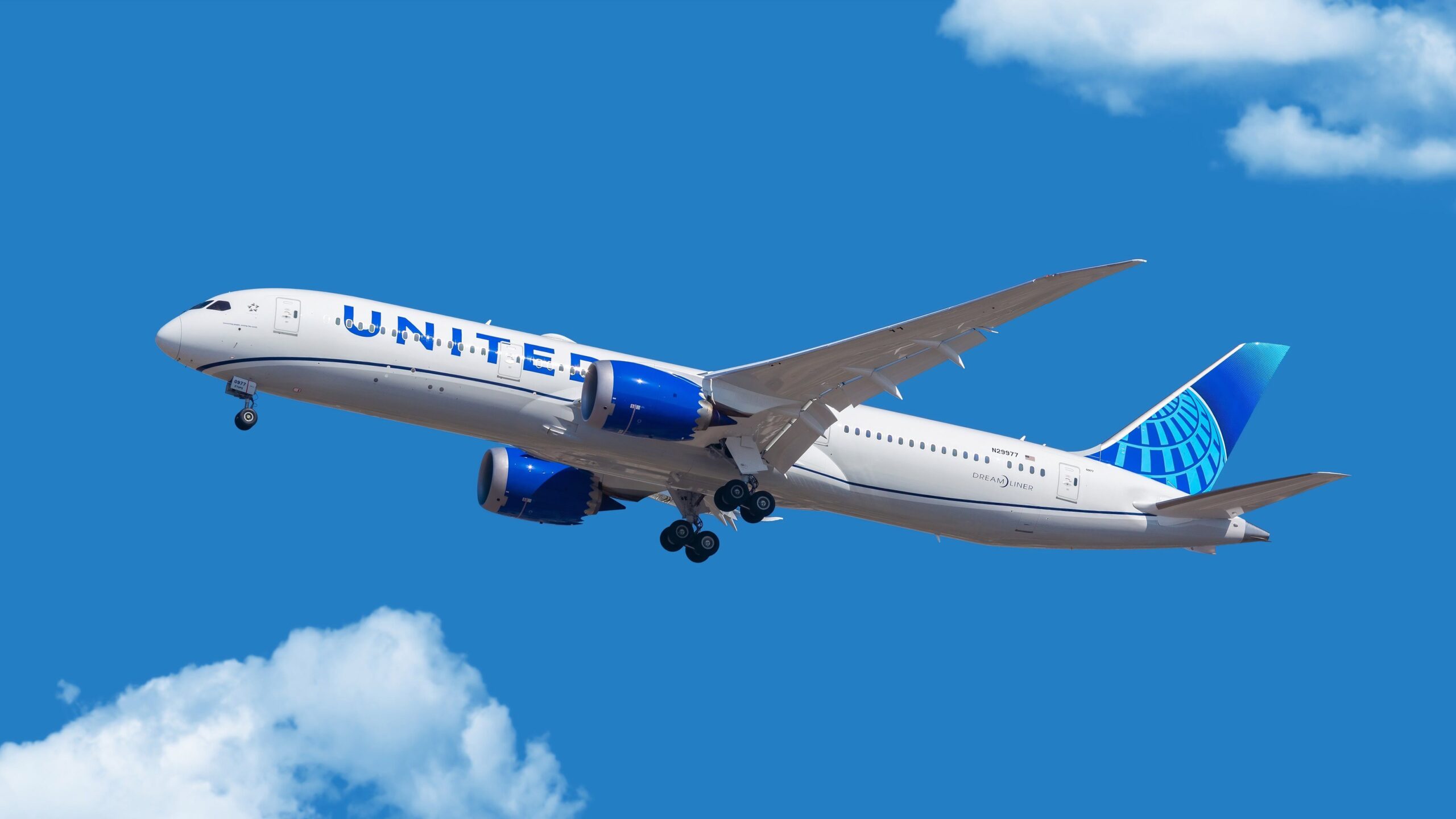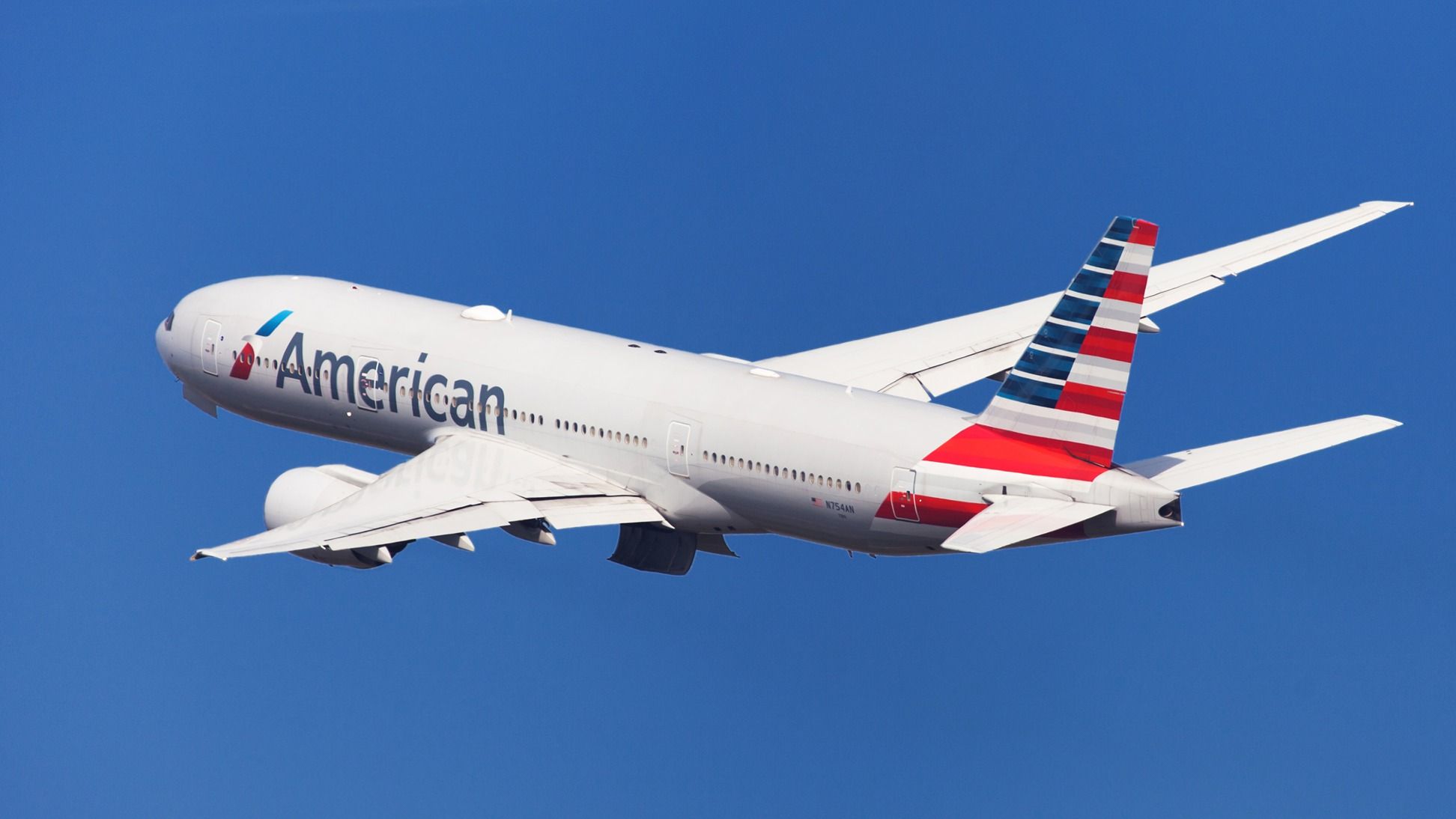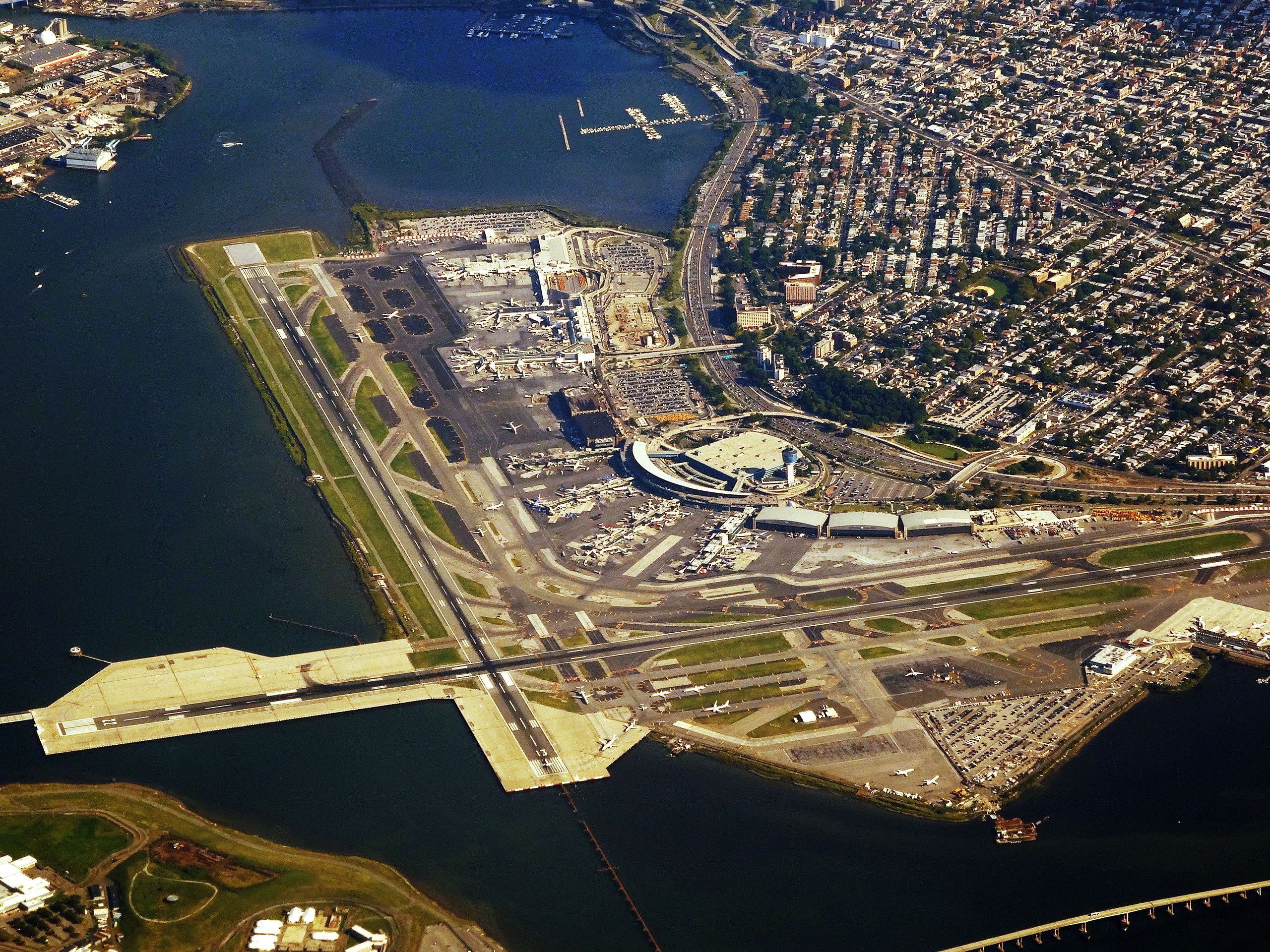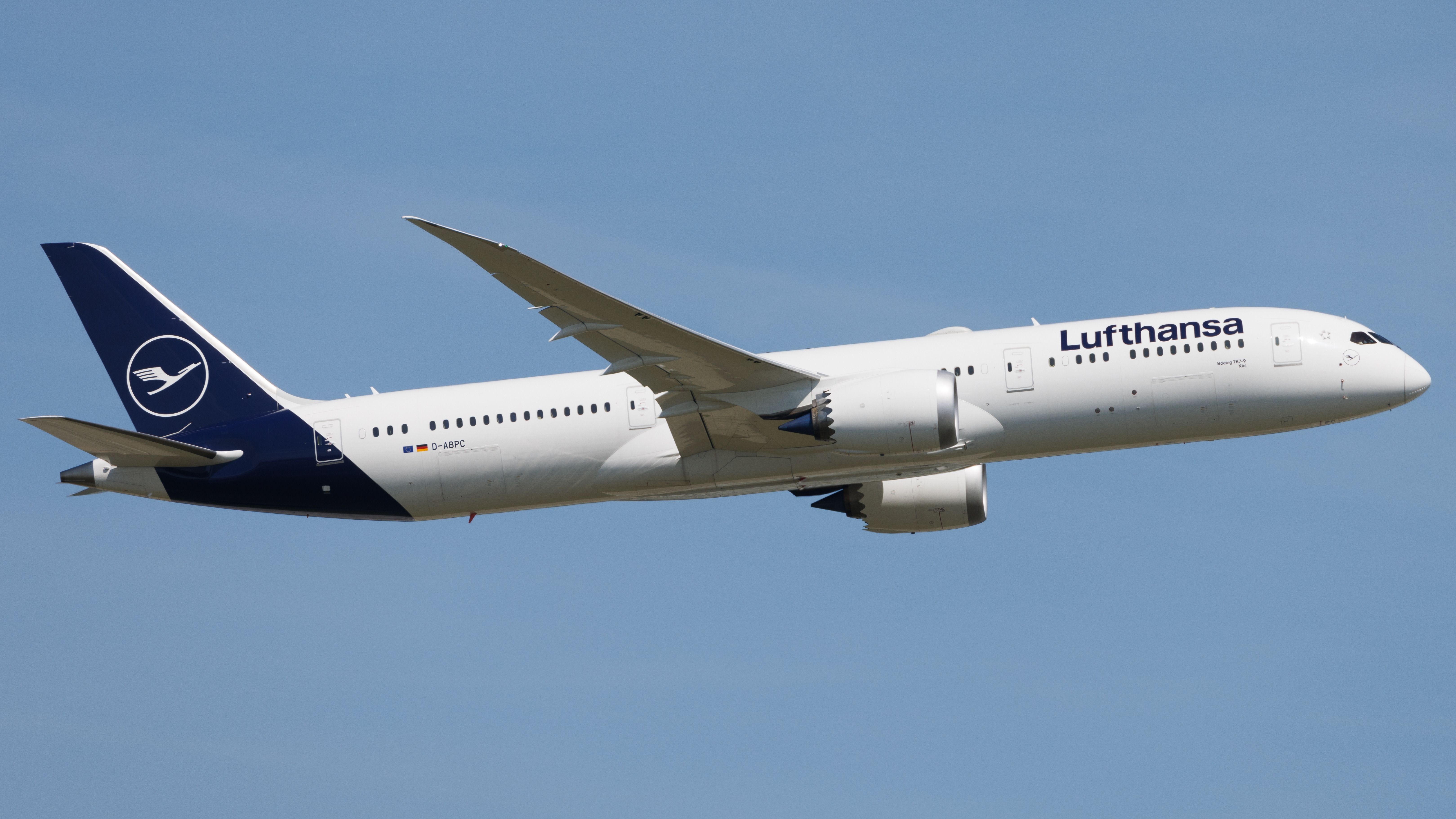Summary
- Some 97 of the world’s 100 busiest airports have widebody flights in May 2024.
- Short runways, not being the main airport for the metropolises, and more explain why three of the airports don’t have such services.
- US airports dominate the 15 airports with less than 2% of flights on widebodies.
There were just over 100,000 daily scheduled passenger flights globally in May, based on the analysis of all services using Cirium data. The world’s 100 busiest airports, shown below, are so dominant that they have a staggering 43% of the total. More than four in ten services touch these airports.
Image: GCMap
The top 100 airports: A summary
Airports in this league are in 37 countries. The US remains the world’s largest aviation market and accounts for 28 of them. China is second with a hefty 19. Of course, they share a common theme of enormous numbers of domestic services; it’d be very different for international flights.
The leading 100 airports have an average of 445 departing passenger flights in May (double for both ways). It is heavily influenced by the top four facilities (Atlanta, Chicago O’Hare, Dallas/Fort Worth, and Denver), each with 900+ daily one-way flights. In contrast, the bottom three airports (Brisbane, Berlin, and Stockholm Arlanda) have a typical 260 daily departures.
Photo: Santi Rodriguez | Shutterstock
What about widebodies?
Widebody flights exist at 97 of the 100 airports. Such aircraft have an average of 60 departures daily. However, the range is vast, from a typical 339 each way at Tokyo Haneda (thanks to substantial domestic use) to none or very few.
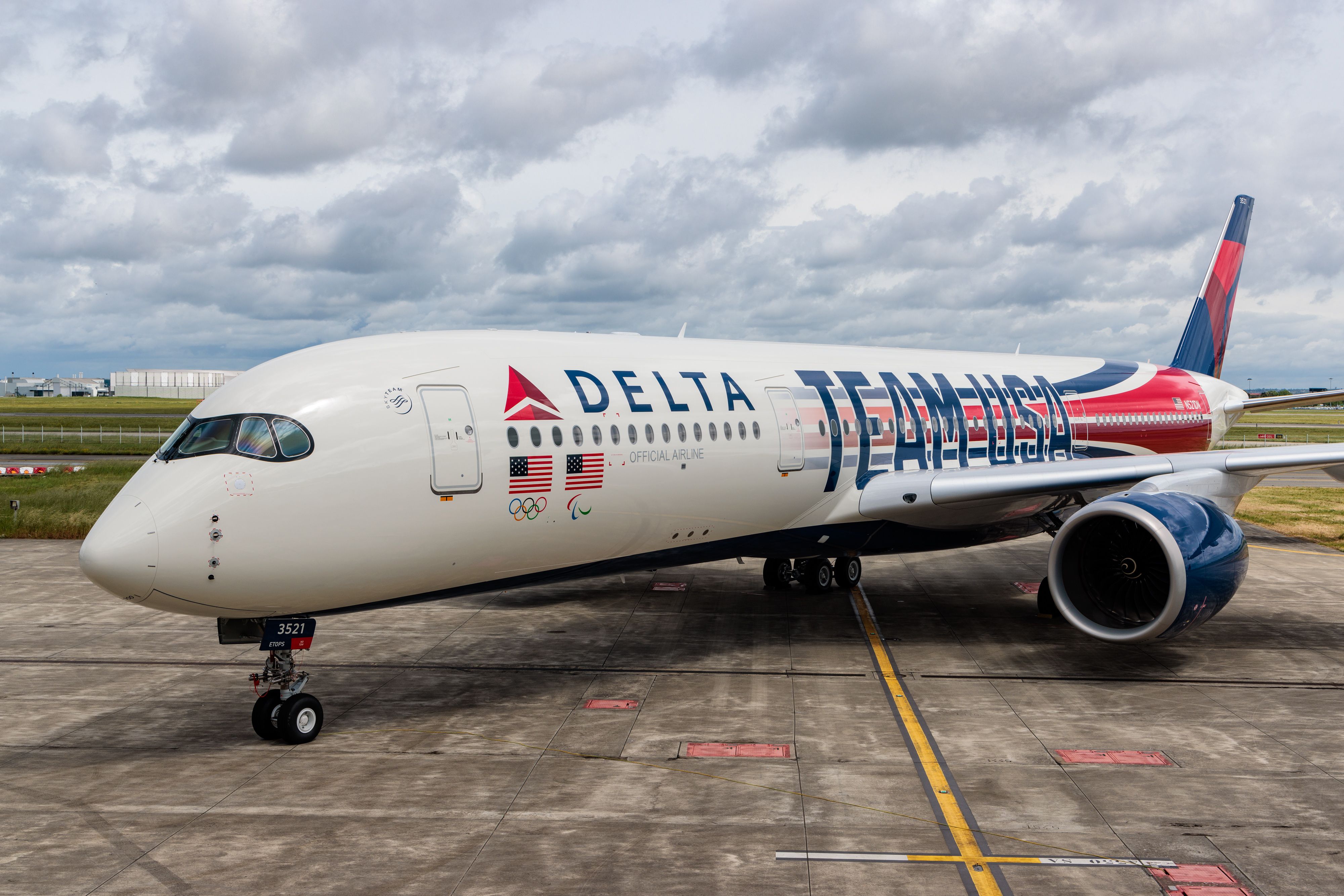
Related
Only 275 Seats: Where Delta Air Lines Will Fly Its Lowest Capacity Airbus A350s
There are seven routes until September.
The three airports without widebodies
Of the dominant 100 airports, you might have already guessed that New York LaGuardia (the 30th busiest airport globally in May), Washington Reagan (50th), and São Paulo Congonhas (92nd) have no scheduled twin-aisle flights. In other words, fewer than one in 50.
The lack of services by such equipment is unsurprising. After all, the trio has relatively short runways, particularly Congonhas, whose maximum runway length is 6,173 feet (1,883 meters). They are not the primary airports for the major metropolises they serve, while Reagan and LaGuardia have well-documented perimeter rules.
LaGuardia and Reagan had twin-aisle services historically, particularly LaGuardia and mainly on the short hop to Atlanta.
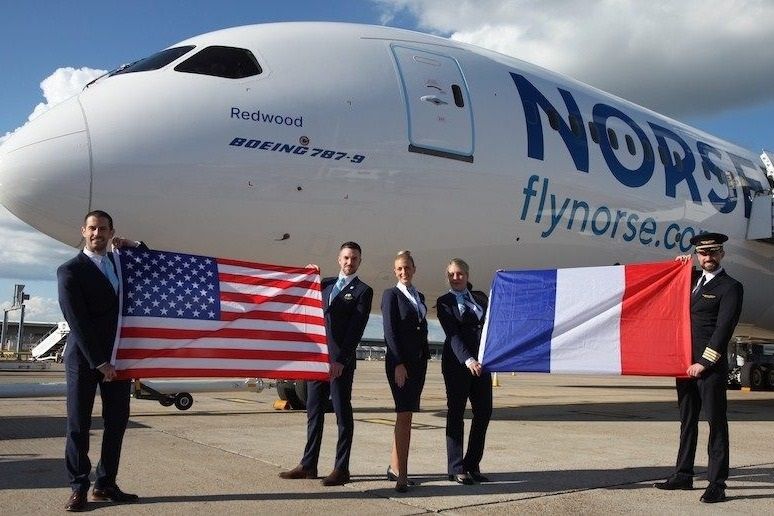
Related
The Most Notable New Airline Routes This Week
Routes go to the heart of airlines and airports, and I celebrate them in my weekly newsletter.
Less than 2% of flights by widebodies
What about facilities with a tiny proportion of services on widebodies? Some 15 of the 97 busiest airports with twin-aisle flights have fewer than 2% of departures by such aircraft.
Nearly all of the 15 also rank very low for the absolute number of flights by the aircraft group.
Some airports are massively busy overall, even in the top few globally, just with narrowbodies or regional jets. As you’d expect, this particularly applies to the US, with a whopping 10 of the 15 airports being in that country. Denver is the most notable.
Photo: Kevin Hackert | Shutterstock
All the data applies to May only; things will differ in other months. It is simply an overview of activity at the monthly level.
- 1.9% of flights on widebodies: San Diego (four to six daily departures in May); helped by BA being double daily
- 1.8%: Denver (15 to 18 daily); Aer Lingus begins on May 17 (the airport has a fair number of twin-aisle flights, but it’s so busy that they’re a tiny proportion)
- 1.8%: Wuhan (three to nine daily)
- 1.7%: Oslo (four to seven daily)
- 1.6%: Las Vegas (seven to 12 daily); Norse begins later this year
- 1.4%: Charlotte (10 to 11 daily)
- 1.3%: Zhengzhou (two to six daily)
- 1.3%: Salt Lake City (three to five daily)
- 0.9%: Austin (daily to four daily)
- 0.6%: Palma de Mallorca (zero daily twin-aisle flights to six daily)
- 0.6%: Phoenix (three to five daily); Air France starts on May 23
- 0.4%: Baltimore (daily to twice daily)
- 0.3%: Nashville (daily)
- 0.3%: Fort Lauderdale (zero daily to twice daily)
- 0.1%: Bangkok Don Mueang (infrequent Batik Air Malaysia A330-300s to Kuala Lumpur)
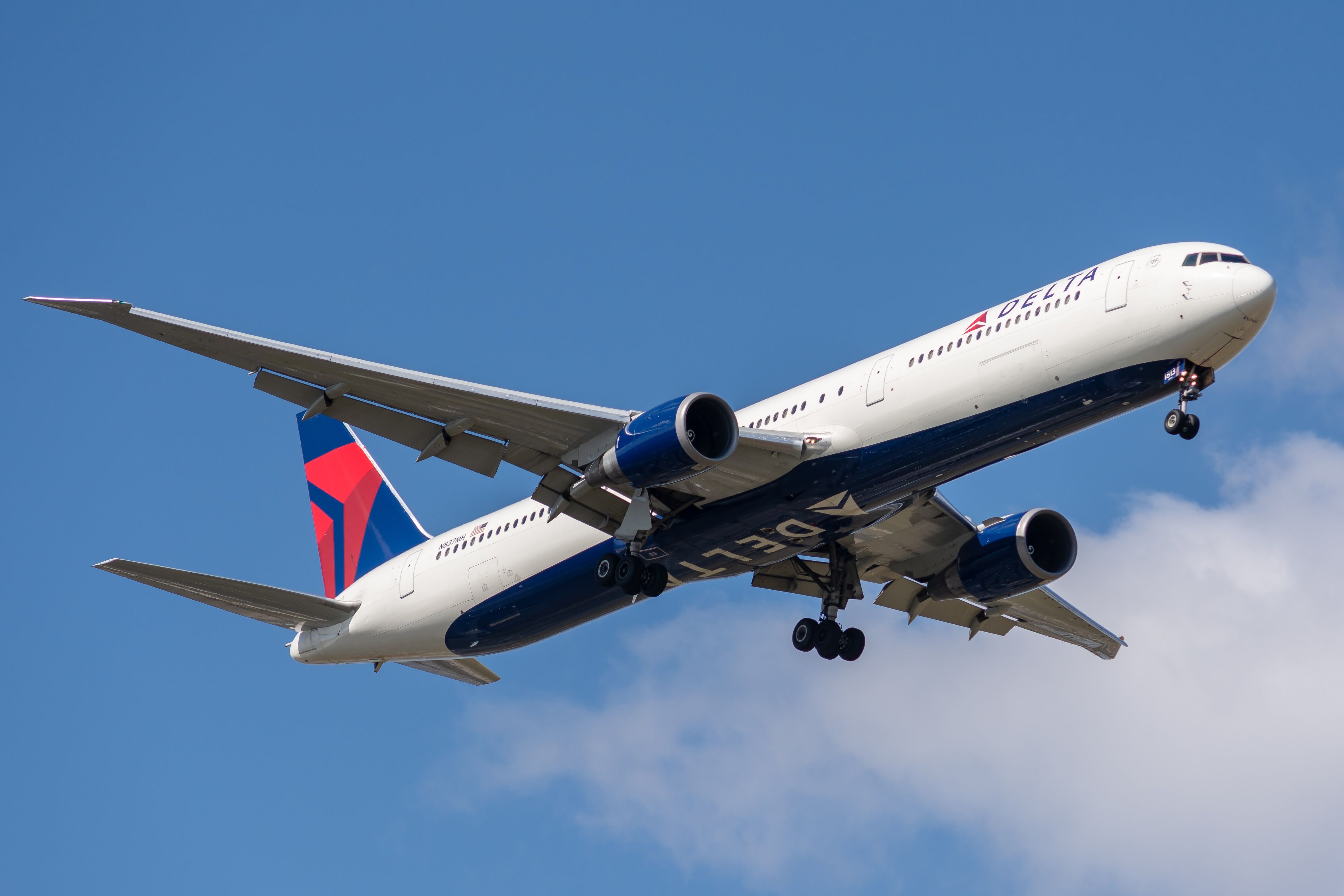
Related
31 Daily Flights: Inside Delta Air Lines’ Huge Amsterdam & Paris CDG Schedule
Despite the carrier’s enormous network, many routes to the two airports have been cut over the years.
What’s your view of it all? Let us know in the comment section.

